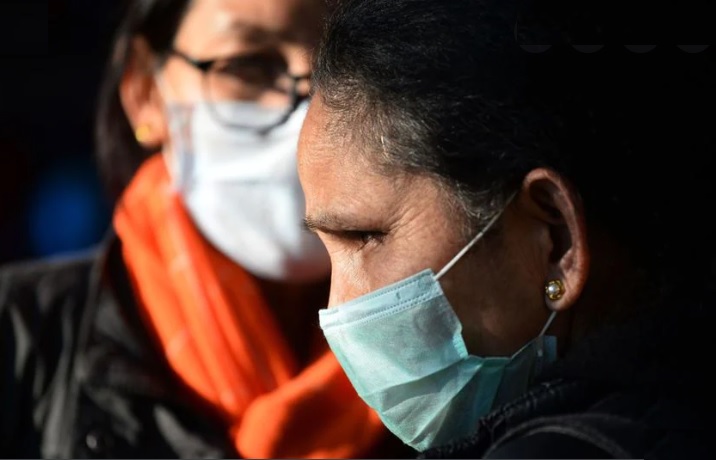New Delhi: Several parts of India have been reporting a high number of influenza cases in the last two months with prolonged illness, lingering cough. After battling 2 years of Covid pandemic, the rise in flu cases has created a scare among the general public.
A high number of cases of fever and flu are being reported across India. The Indian Council of Medical Research (ICMR) has said that this is due to the Influenza A subtype H3N2 virus.
The H3N2 virus causes more hospitalisations than other subtypes. Experts say that it has been in wide circulation across India for the past two-three months.
The symptoms usually include a persistent cough, accompanied by fever. In the recent cases, a lot of patients are complaining of prolonged symptoms.
“Infection is taking time to get resolved. Symptoms are stronger. Symptoms persist for a prolonged period, even after the recovery of the patient,” says Dr Anurag Mehrotra, Siddh Hospital.
Experts say that the H3N2 virus causes more hospitalisations than other influenza subtypes.
Dr Anita Ramesh, a clinical trial specialist, says that the new strain of influenza is not life-threatening. “It is not life-threatening. But some of my patients had to get admitted due to respiratory problems. Some of the symptoms are similar to Covid, but all my patients have tested Covid negative,” Dr Ramesh tells NDTV.
The ICMR has also suggested a list of Dos and Don’ts for people to follow to protect themselves from contracting the virus.
The Indian Medical Association (IMA), on the other hand, has advised against the indiscriminate use of antibiotics amid rising cases of cough, cold, and nausea across the country.
The viral cases mostly occur in people aged below 15 and above 50 and cause upper respiratory infections along with fever, the IMA said. The association also asked doctors to prescribe only symptomatic treatment and not antibiotics.
The most misused antibiotics are Amoxicillin, Norfloxacin, Oprofloxacin, Ofloxacin and Levofloxacin. These are being used for the treatment of diarrhoea and UTI, IMA said.
The ICMR has issued dos and don’ts to protect oneself from the infection. The dos include regularly washing hands with soap and water, wearing face masks, and avoiding crowded areas. In cases of fever and bodyache, the ICMR has advised the use of paracetamol.
The dont’s include not to shake hands or use other contact-based greetings, not to self-medicate. The ICMR has said antibiotics and other medicines should only be taken after consulting a doctor.




